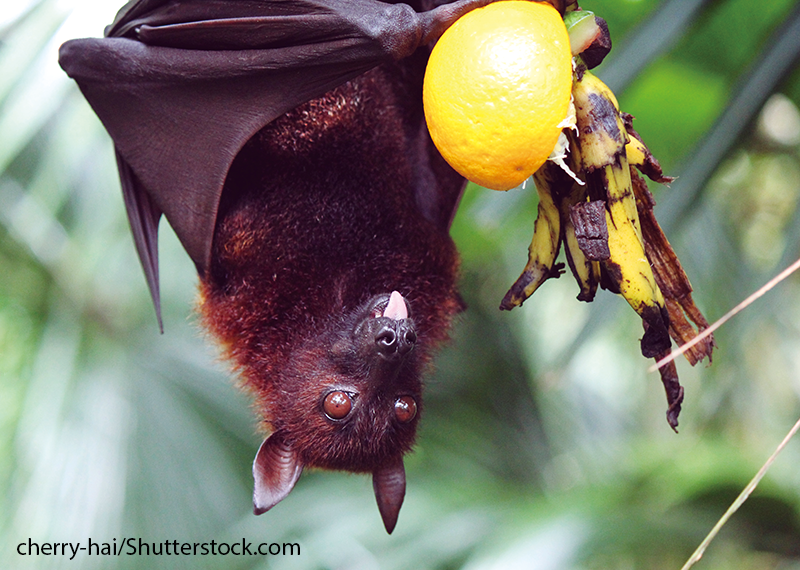Busting myths about Nipah virus
The outbreak of the Nipah virus infection, which has a mortality rate of 40% to 75%, took place in the state of Kerala in southern India in mid-May this year. As of mid-July, 17 people have been killed, including medical personnel. World Health Organisation Research and Development Blueprint has identified Nipah virus as one of the eight emerging diseases with potential of causing a severe public health outbreak, alongside Middle East Respiratory Syndrome and Zika virus. To stay alert, HASLink breaks down the myths about the virus for you.
1. Is Nipah virus infection incurable?
Currently, no effective drug or vaccine can cure Nipah virus infection. Intensive supportive care is the mainstay of treating severe respiratory and neurological complications. About 20% of patients suffering from acute encephalitis experience neurological consequences such as seizure disorder and personality changes.
2. How do we handle suspected cases?
Suspected case is identified based on the patient’s symptoms, travel and contact history. If a suspected case is identified, it must be reported immediately to Hospital Infection Control Team and Chief Infection Control Officer. Key infection control measures will be adopted, including patient isolation and rapid testing, and results will be returned within 24 hours. The hospital will also provide staff with personal protection equipment such as N95 respirator, eye protection, gown and gloves.
3. Fruit bats, natural host of Nipah virus, love to eat bananas, mangos and jujubes. They especially like to dangle from banana trees. Therefore we should stop eating these fruits. Is that true?
Fruit bats love different types of fresh fruits. In the previous outbreaks in Bangladesh and India, the most likely source of infection was the consumption of fruits or fruit products (such as raw date palm juice) contaminated by urine or saliva of infected fruit bats. Therefore, everybody should pay attention to food hygiene. Fruits should be thoroughly washed and peeled before consumption. Drinking of raw date palm juice should also be avoided.
4. Does Nipah virus outbreak only occur in pigs?
No. Apart from the outbreak in pigs, Nipah virus infection was also found in other livestock such as horses, goats, cats and dogs during the Malaysian outbreak in 1999. Generally, the virus is highly contagious in pigs.
Click here to view the transmission paths of Nipah virus
● "Patient always on my mind during typhoons!"
COVER STORY
● Birth of CNS: Woman living in a bathtub
● Holistic care passed on in community through generations
FEATURE
● Volunteer experience sheds light on career direction
● Small changes in ward improve patient care
HELEN HA
● Check out the fun facts about HA
● Blood donation, finding way and shopping made easy with apps
WHAT'S NEW
● New blood of HA Board vows to speak up for colleagues
● 2018/19 Funding and budget allocation at a glance
● 33 overseas-trained staff all set for HK’s first HBOT centre in hospital
STAFF CORNER
● 30 awardees on 2018 Honours List
● 延續的生命 (Chinese version only)

